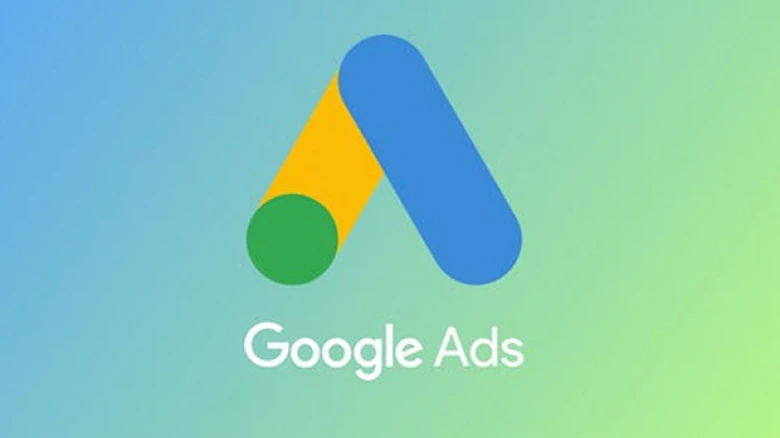Regional

In a major breakthrough for advertisers and businesses, Google Ads has unveiled its latest feature that utilizes...
Digital Desk: In a major breakthrough for advertisers and businesses, Google Ads has unveiled its latest feature that utilizes Large Language Models (LLMs) and generative artificial intelligence (Gen AI) to automatically create advertisements. The announcement was made by Dan Taylor, the Vice President of Global Ads at Google, during his recent visit to India.
The new feature empowers marketers to provide business prompts, based on which Google Ads can generate entire campaign workflows. "It learns from the advertisers' landing pages, queries that perform well, and headlines that have been approved to create entirely new creatives," explained Taylor, highlighting the power and versatility of the new technology.
According to a study by McKinsey, the integration of AI in marketing and sales has shown the most significant impact on revenue generation, further emphasizing the potential benefits of Google Ads' latest offering.
During the Google I/O conference held on May 10 this year, Taylor unveiled the Gen AI tools, including Performance Max, designed specifically for marketers and advertisers. Notable brands such as Myntra, Samsung, HDFC, and Tata AIG have already witnessed up to 18 percent higher conversion rates by leveraging AI in their marketing strategies.
Performance Max combines various AI technologies provided by Google, such as bidding, budget optimization, audience targeting, creatives, and attribution, to streamline the advertising process and achieve better outcomes.
Amidst growing concerns over data privacy, Taylor reaffirmed Google's commitment to prioritizing user privacy. A survey of 16,500 individuals across 11 Asia-Pacific markets revealed that 8 out of 10 consumers recognized the importance of safeguarding their personal information online. Furthermore, 70 percent of these consumers stated they would disengage with a brand if their trust in data privacy was violated.
To address these concerns, Google introduced enhanced privacy features, including Privacy Sandbox for the web and Android, which complements the introduction of generative capabilities for its ads business.
Taylor emphasized that Google aims to strike a balance between user privacy and business interests, assuring that the company is diligently working with the EU Commission to address concerns related to Google's ads business and prevent conflicts of interest between consumers and advertisers.
Despite the recent surge in discussions about AI, Taylor clarified that Google has been actively working on AI tools for over a decade, underscoring the company's extensive experience in the field.
During the Google I/O conference in May, the company also introduced AI tools targeted at scaling small businesses. Taylor expressed enthusiasm in supporting Indian businesses in embracing digital marketing and harnessing the potential of AI for optimal outcomes.
One of the noteworthy tools presented is Google Products Studio, which allows businesses to create customized product images at no cost, significantly reducing the need for expensive photoshoots.
Taylor emphasized that businesses are not competing with AI, but rather with other marketers who are effectively utilizing AI-powered tools. As the internet economy is projected to grow six times to USD 1 trillion by the next decade, AI will play a crucial role in helping businesses stay ahead in this dynamic and competitive landscape.
Moreover, Taylor highlighted the positive impact of generative AI in content creation and optimization, stating that news publishers are increasingly embracing this opportunity.
With the introduction of auto-generated advertisements through Gen AI, Google Ads is set to revolutionize the marketing industry, offering businesses a powerful and efficient tool to reach their target audiences and boost conversions.
Leave A Comment